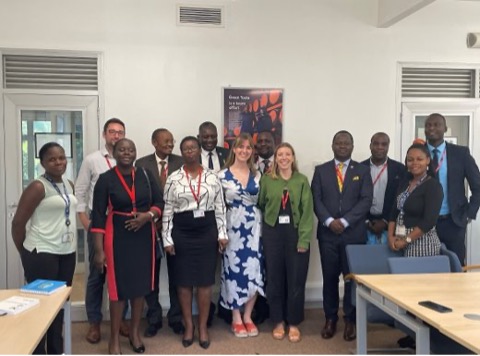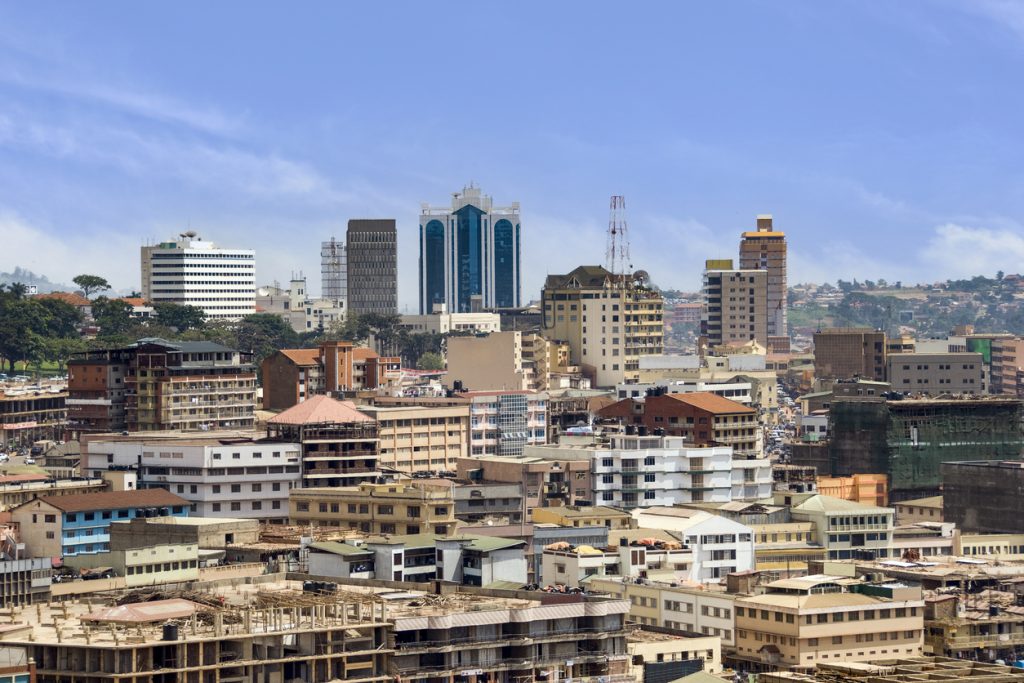2023 has been another highly productive year for the Clean Energy Transition Partnership (CETP). Now two years on from CETP’s launch, signatories have been working to implement their commitments, drive global ambition and maximise the partnership’s impact on the global clean energy transition. Regular signatory meetings, convened by our new secretariat, have played a crucial role in helping us move forward together in achieving the CETP vision.
Signatories’ progress on implementation and knowledge sharing
When the CETP was launched at COP26, signatories undertook to implement policies within a year to meet their new commitments. To date, 14 high income countries have published comprehensive policies setting out their approach to transitioning their international public support from fossil fuels to clean energy. This constitutes the majority of economies that had previously provided overseas support for the unabated fossil fuel energy sector.
Building on the success of high income signatories publishing policies in 2022, the CETP signatory group has continued to collaborate to deliver on our shared objectives. At all-signatory meetings and bespoke workshops, we have shared best practice, learnings and other valuable insights. External speakers have contributed to our work by providing expertise on a range of relevant and challenging topics. Particular highlights include:
- In June, the New Climate Institute shared their research on how to determine whether specific gas projects are Paris-aligned.
- In June, the East African Development Bank (EADB) hosted a bespoke workshop on the challenges and opportunities in deploying clean energy solutions across East Africa. Members of the CETP secretariat travelled to Uganda to share learnings and discuss the EADB’s energy strategy update (which includes implementation of CETP commitments).
- In October, the International Energy Agency shared their latest research with the Partnership on the challenges to and opportunities for scaling support for financing clean energy in Africa.
These expert insights, convened by the CETP, have been invaluable in helping signatories to address complex challenges in their clean energy programmes. These insights have helped to develop a communal knowledge base, which we look forward to expanding and sharing further over the coming weeks and months.

In Kampala the CETP secretariat met with representatives from the East African Development Bank and British High Commission.
Wider impact of the CETP’s work
The CETP’s influence continues to extend far beyond the signatory group, with the Partnership collectively shaping the global conversation on the clean energy transition. This has resulted in greater global ambition across the year, including the G7 confirming they have met their 2022 commitment to “end new direct public support for the international unabated fossil fuel energy sector by the end of 2022, except in limited circumstances clearly defined by each country consistent with a 1.5°C warming limit and the goals of the Paris Agreement.” This pledge is closely aligned with CETP’s headline commitment. G7 Ministers this year also agreed to “provide an update on our approach to implementation by the end of 2023”.
We look forward to showcasing this progress on implementation and our wider impact at COP28 and continuing to collaborate with signatories to drive progress into 2024.

